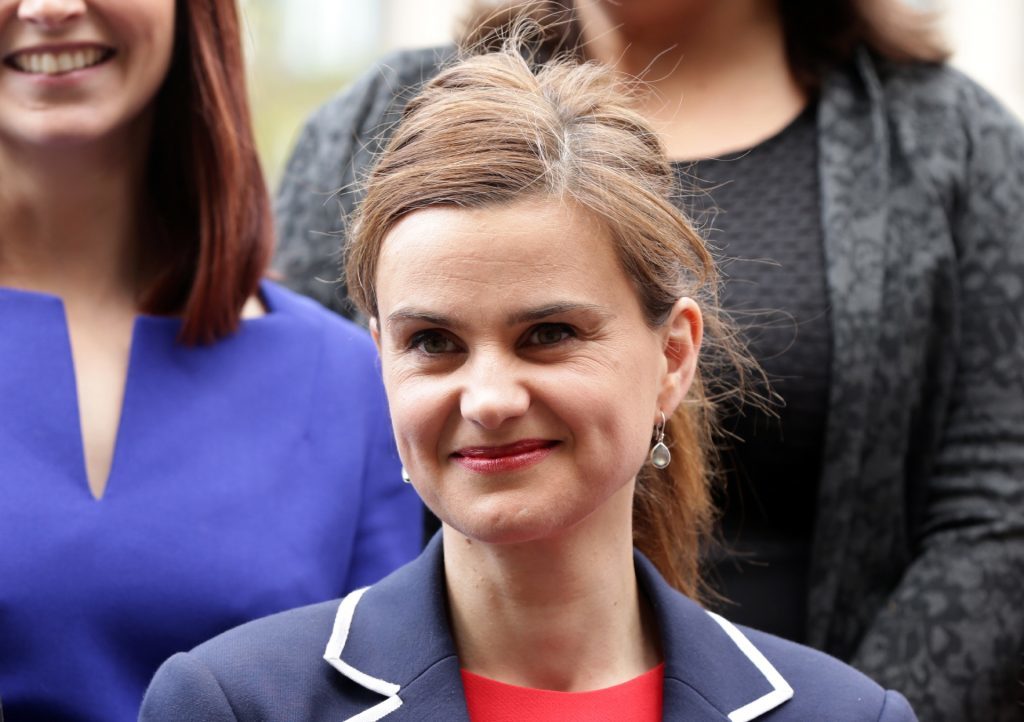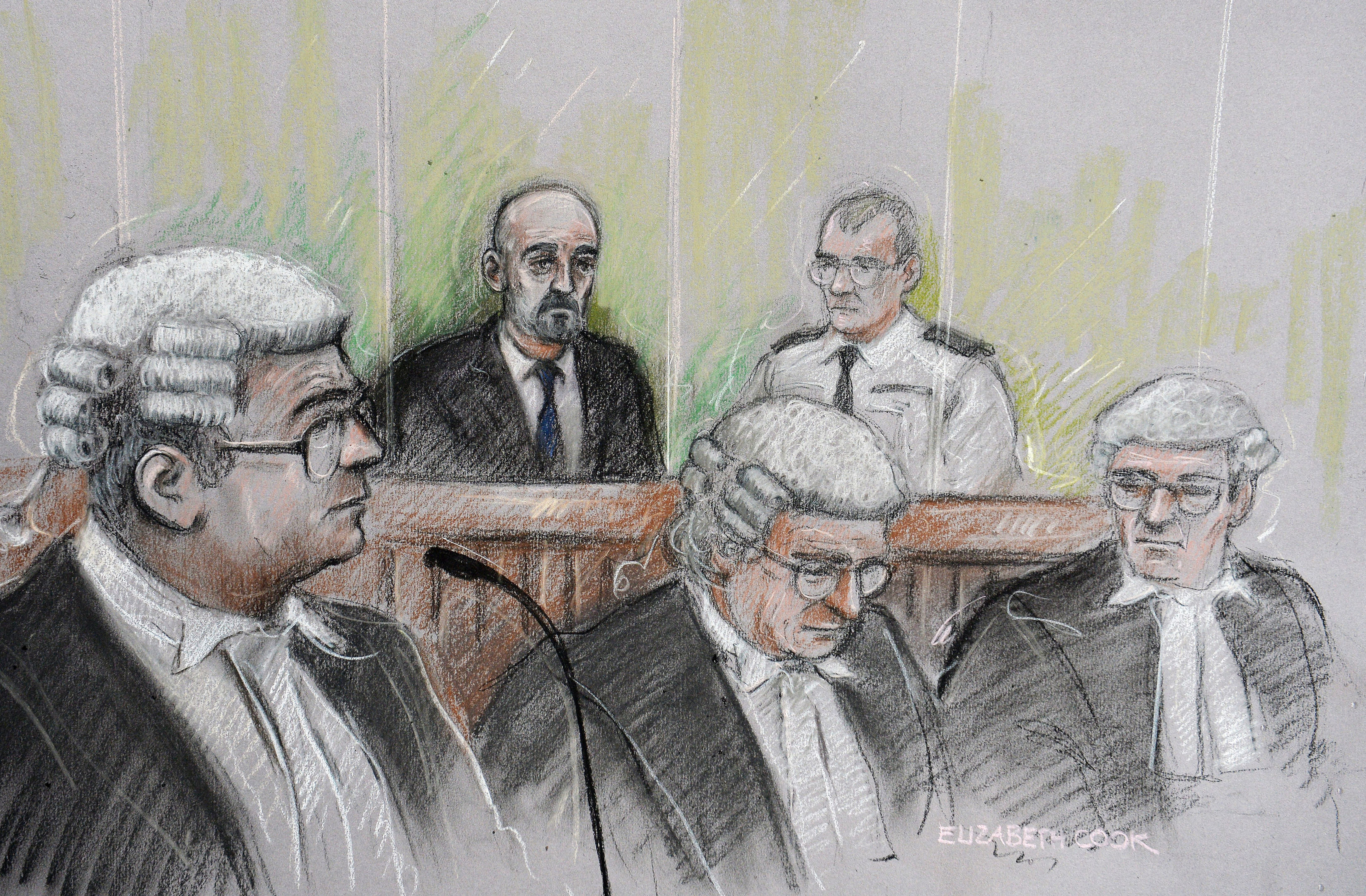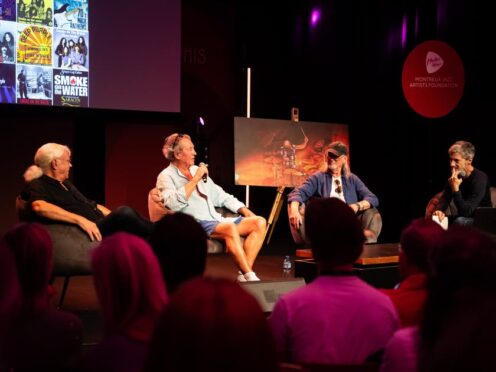Thomas Mair, who gunned down Labour MP Jo Cox while shouting “Britain first”, has been found guilty of murder following a trial at the Old Bailey.
The jury took just over 90 minutes to convict loner Mair, 53, of what was described in court as an act of “sheer brutality and cowardice”. The white supremacist was handed a life sentence.
The presence of Jo Cox loomed large over proceedings in Court 8. At just over 5ft tall, the diminutive Labour MP and Remain campaigner cast a long shadow over the trial of her killer.
As in life, her courage and public-spiritedness shone through, in deep contrast to the hate-inspired ideology of Thomas Mair.
Her last words urging her staff to go and let her be hurt instead of them sent ripples through the packed courtroom – and beyond.
Her parents and sister wiped away tears in court while her husband Brendan, left to bring up their two young children, tweeted from afar “this is who Jo was”.

If Mair had hoped a high profile trial would attract attention to his murderous brand of far right extremism then he would have been disappointed.
He struck a nondescript figure in a black suit with grey thinning hair and goatee beard, flanked by dock officers.
The white supremacist rolled his eyes as two black jurors were sworn in, and again when a glowing statement was read out from Mrs Cox’s long-time friend and colleague Stephen Kinnock MP.
Trial judge Mr Justice Wilkie had flatly refused his legal team’s request to bar any Labour activists from the jury panel.
In his soft Scots voice, he pointed out to lawyers that the whole political establishment had been united in its shock and grief.
The evidence against Mair was overwhelming and his legal team were reduced to cross examining on whether a Flake wrapper he was thought to have discarded in a bin before the attack had gone missing.
Meanwhile, the prosecution steamed ahead led by seasoned terrorism prosecutor Richard Whittam QC who, with his forensic eye for detail, laid out the case against Mair piece by piece.
In one day, 16 Birstall residents travelled down to London to give their versions of how Mair killed their MP in front of them in broad daylight.
Their accounts consistently described the “popping” of Mair’s sawn-off rifle and stabbing motions with a fake special forces 1941 dagger before he walked off “with not a care in the world”.
In testament to her standing in the community, many of them had immediately recognised their MP as Mair carried out the attack.
Some appeared startled to arrive at the historic Central Criminal Court to find a large bank of around 30 photographers and TV crews camped outside waiting for them.
The seemingly inevitable march towards a life sentence was only briefly interrupted by prison officers’ industrial action as no guards were available to bring Mair from top security Belmarsh prison.
But in the end, the trial which was timetabled to last three weeks, ended early after Mair, who had refused to enter pleas before the case started, declined to account for his behaviour.










